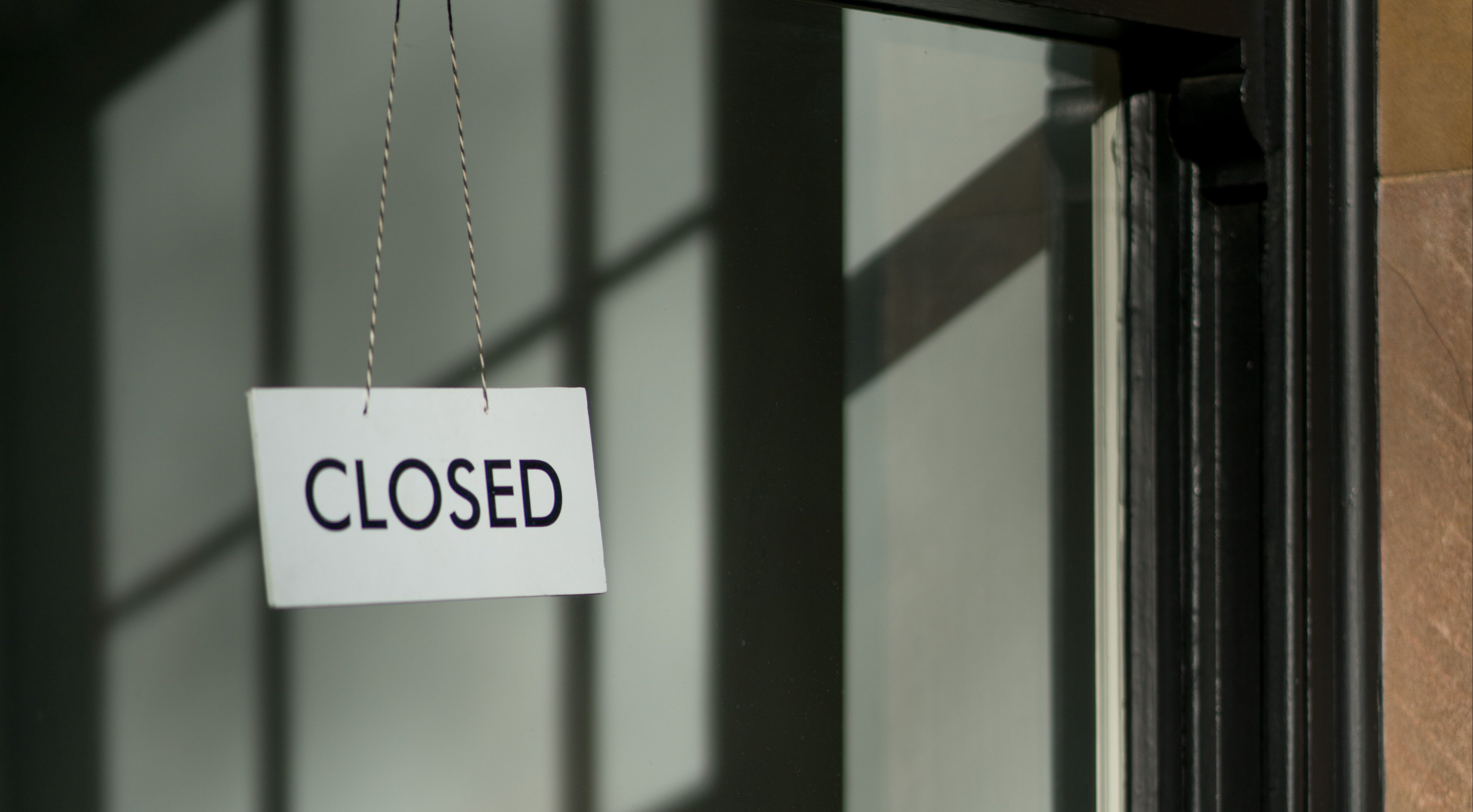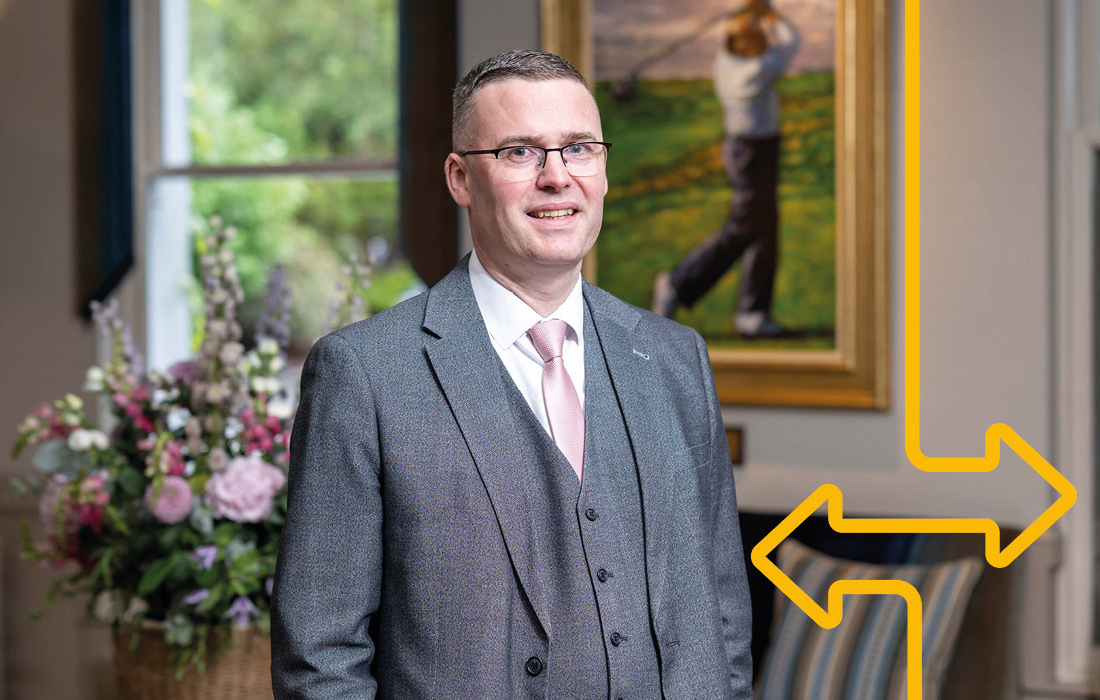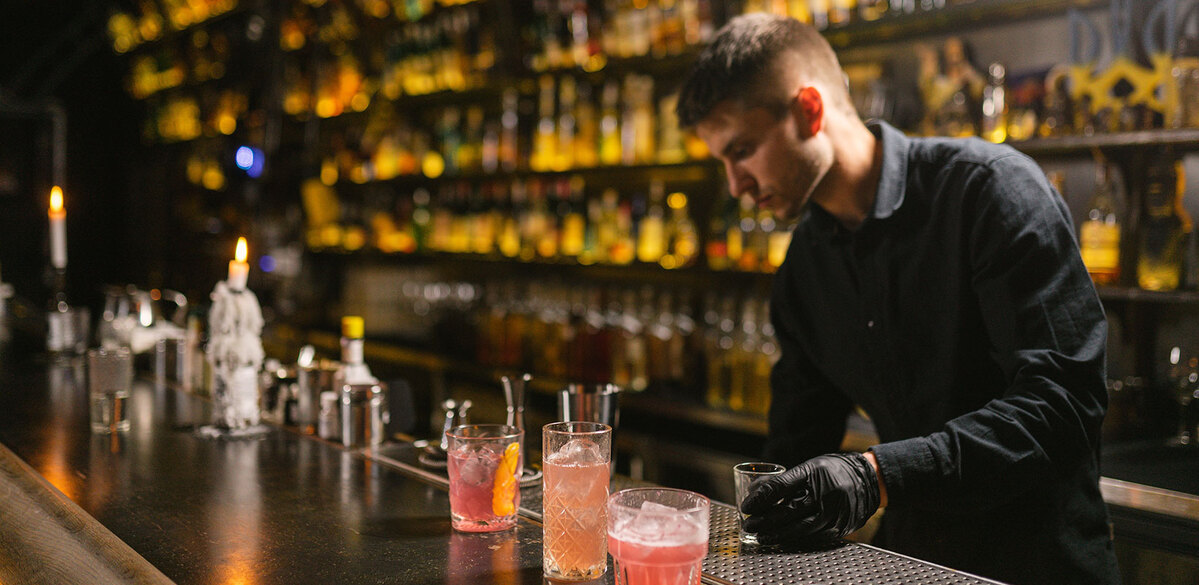Business rates modernisation ‘encouraging’ but government needs to go further, firms say
Hospitality business owners have welcomed ministers’ plans to update the business rates system, but have warned that newly-announced moves do not go far enough to help firms struggling with soaring costs and high tax burdens.
The Queen’s Speech is always a chance for the government to outline key policy plans. An update to business rates was one of the takeaways for restaurants and bars from the 2022 speech day on Tuesday, alongside the permanent scrapping of pavement licensing red tape.
It was announced that in the next Parliamentary session ministers are planning to push forward with a bill aimed at modernising the business rates system. The “Non-Domestic Rating Bill” intends to reform the system where business premises’ rateable values will be reviewed every three years rather than every five years from 2023.
The government also reportedly hopes these business rates changes will stimulate investment into the decarbonisation of properties.
Up to 400,000 hospitality, retail and leisure businesses are also being provided with £1.7b of temporary business rates relief in the 2022-2023 tax year.
Business rates raise around £30b a year for the Treasury, but companies have long complained that the property-based tax is too high. Business leaders have called for a wider overhaul of the entire system, as it creates large fixed overheads for firms and does not take companies’ sales into consideration.
The tax has also been partially blamed for the decline of the high street, as it hits physical retailers and not online competitors.
Kate Nicholls, chief executive of trade body UKHospitality, said the confirmation of plans to simplify and update the system are “encouraging”, but warned that “this needs to be combined with concrete action to reduce the overall burden of rates on hospitality”.
She said: “Cutting the rates hospitality businesses pay will play a crucial role in regenerating high streets and levelling up the nation.”
Frank Maguire of East London venue Truman’s Social Club said the update was welcome, but that the government could have done more to help at this time.
"We particularly hope that it [the more frequent revaluation move] will lead to a revaluation of properties in office areas where footfall is still significantly down,” he said. “The government could have gone further – we still believe VAT should have been permanently lowered to 12.5% for hospitality. This would help accelerate the recovery from Covid, invest in growth, afford to employ more staff and now ease inflation pressure, which is extremely high."
Sunny Hodge, owner of Diogenes the Dog wine bar, which has branches in Elephant & Castle and Battersea, London, admitted he was mostly "angered” by the update. He pointed out that business owners are already able to go through a process of disputing premises' rateable value, so argues the bill "doesn’t really change anything" and appears to be government "fake doing something".
He said: “The change itself makes zero difference, because anyone can dispute their rateable value whenever they want.
“If their [the government’s] intent is to get people back into the city and onto high streets then it would make more sense to do a review of business rates in city centres immediately, to slash very central [firms’] business rates by X amount.”
“It’s almost creating an illusion. If you know anything about business rates, you know this isn’t a real change.”
The business owner believes it would help hospitality business owners more if the government focuses on lowering VAT for product-based sectors.
“The margins in hospitality are so, so tight,” he said.
Photo: Craig Whitehead on Unsplash


















